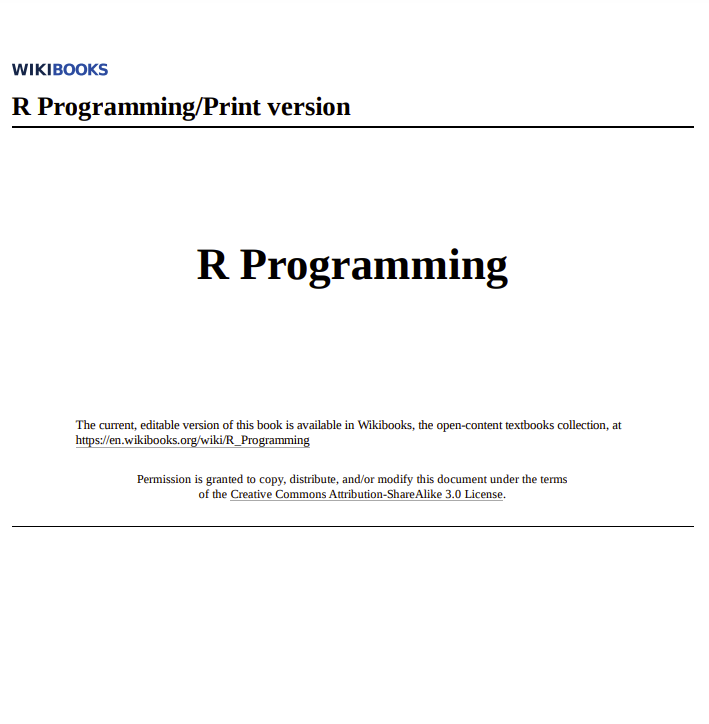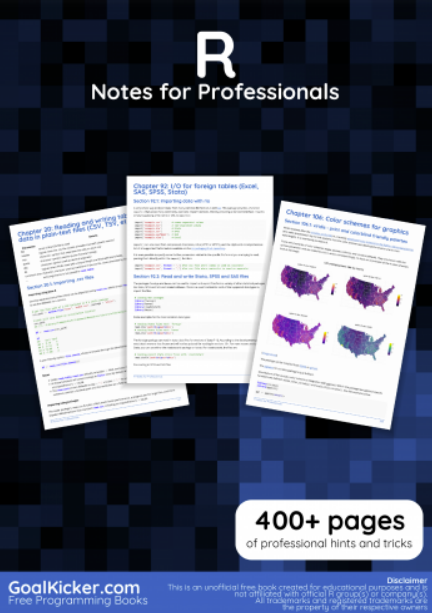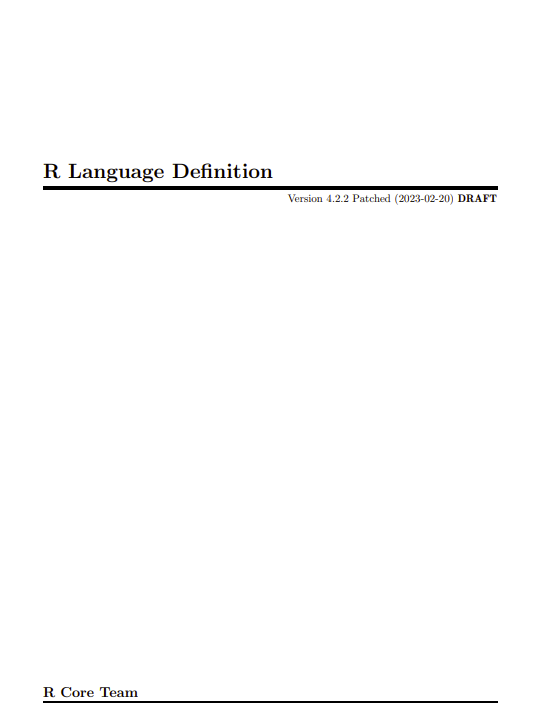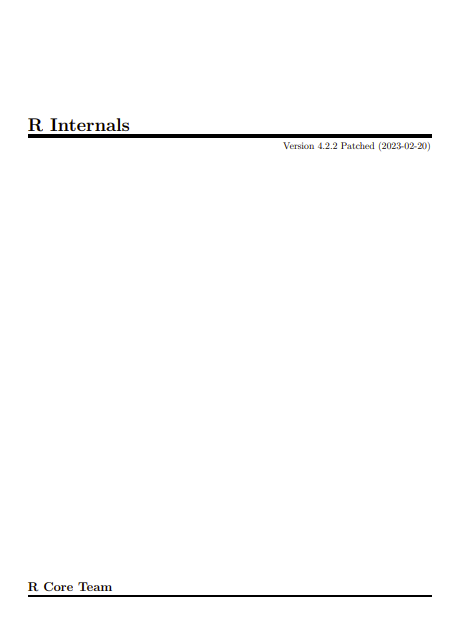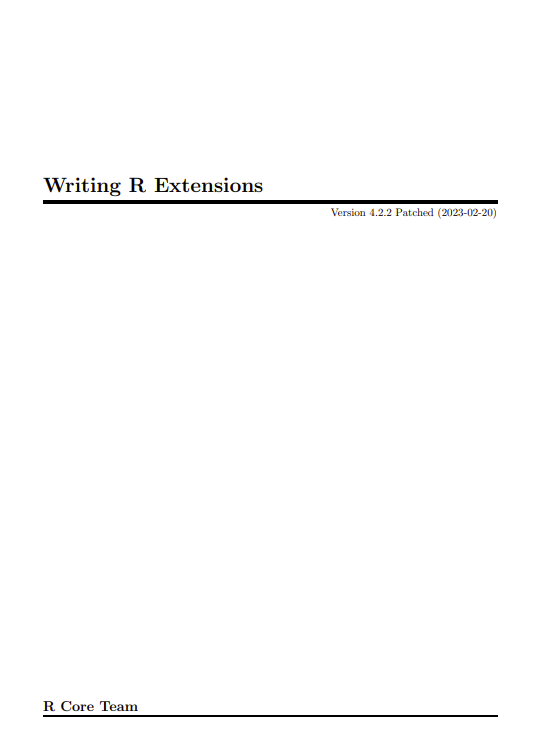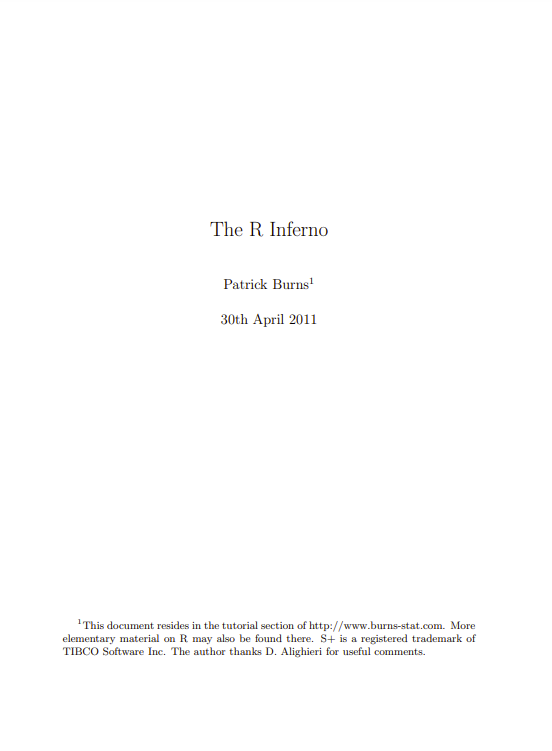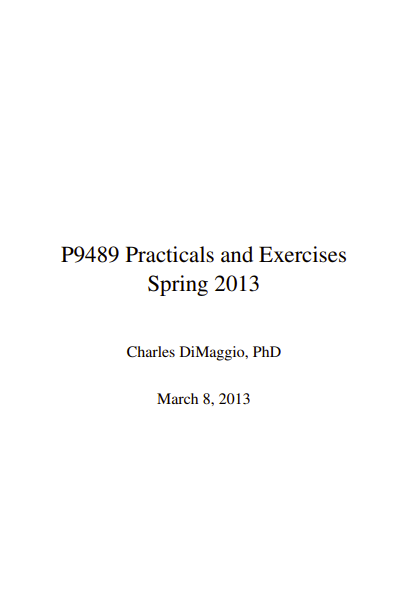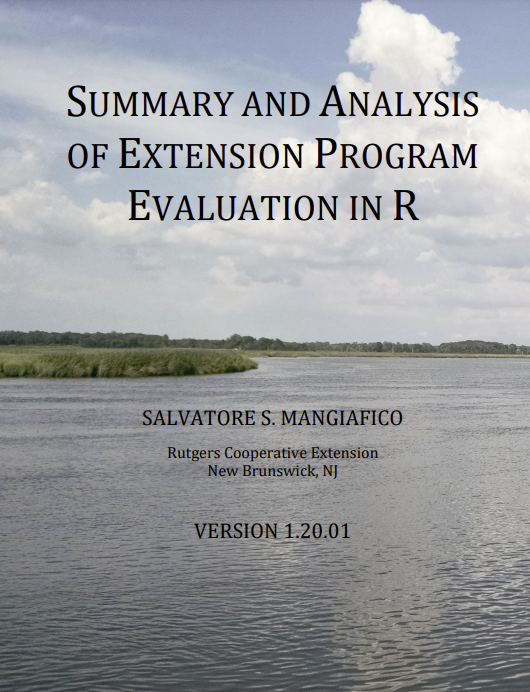What is R ?
R is statistical software which is used for data analysis. It includes a huge number of statistical procedures such as t-test, chi-square tests, standard linear models, instrumental variables estimation, local polynomial regressions, etc. It also provides high-level graphics capabilities. There are a few minor similarities between R and C programming languages, but they both run in different ways.
Why use R?
- R is free software. R is an official GNU project and distributed under the Free Software Foundation General Public License (GPL).
- R is a powerful data-analysis package with many standard and cutting-edge statistical functions. See the Comprehensive R Archive Network (CRAN)’s Task Views to get an idea of what you can do with R.
- R is a programming language, so its abilities can easily be extended through the use of user-defined functions. A large collection of user-contributed functions and packages can be found in CRAN’s Contributed Packages.
- R is widely used in political science, statistics, econometrics, actuarial sciences, sociology, finance, etc.
- R is available for all major operating systems (Windows, Mac OS, GNU-Linux).
- R is object-oriented. Virtually anything (e.g., complex data structures) can be stored as an R object.
- R is a matrix language.
- R syntax is much more systematic than Stata or SAS syntax.
- R can be installed on your USB stick.
Alternatives to R
- S-PLUS is a commercial version of the same S programming language that R is a free version of.
- Gretl is free software for econometrics. It has a graphical user interface and is nice for beginners.
- SPSS is proprietary software which is often used in sociology, psychology and marketing. It is known to be easy to use.
- GNU PSPP is a free-software alternative to SPSS.
- SAS is proprietary software that can be used with very large datasets such as census data.
- Stata is proprietary software that is often used in economics and epidemiology.
- Julia is a general programming language, with capabilities similar to MATLAB, R and Python (and speed of C), and can call libraries from all those.
- MATLAB is proprietary software used widely in the mathematical sciences and engineering.
- Octave is free software similar to MATLAB. The syntax is the same and MATLAB code can be used in Octave.
- Python is a general programming language. It includes some specific libraries for data analysis such as Pandas[2] ·[3].
Beginners can have a look at GNU PSPP or Gretl. Intermediate users can check out Stata. Advanced users who like matrix programming may prefer MATLAB or Octave. Very advanced users may use C or Fortran.
